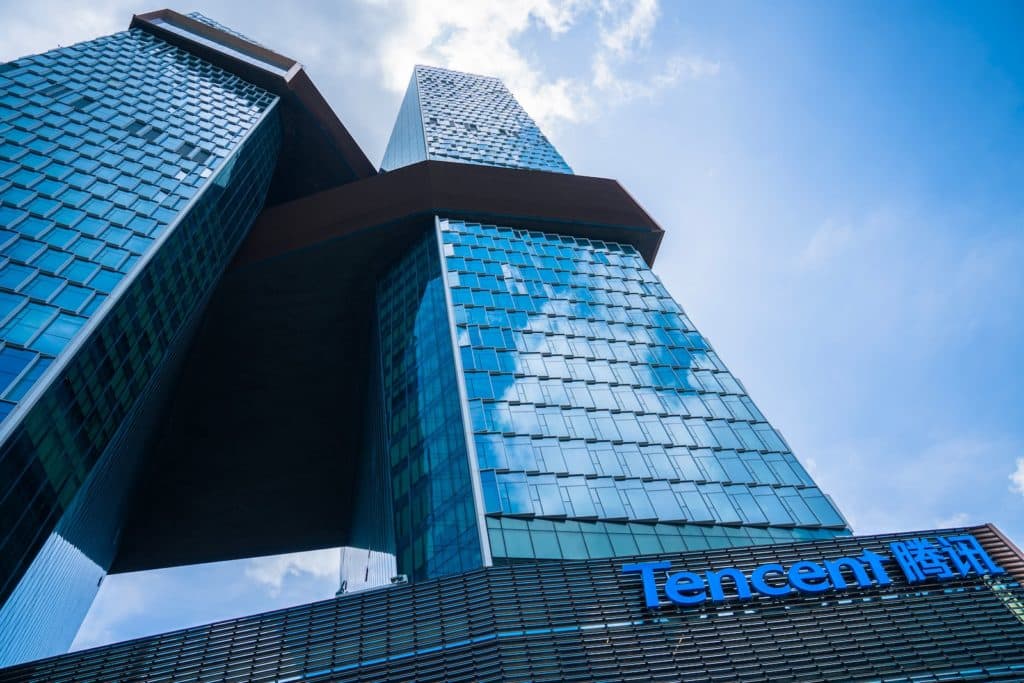Which countries are leading the AI race?

In February 2023, Google introduced Bard, its AI chatbot designed to compete with OpenAI’s ChatGPT. Later, in December 2023, Bard was rebranded as Gemini, showcasing Google’s commitment to advancing AI technology (Wikipedia). In November 2024, Google expanded Gemini’s capabilities by launching Gemini Live for iPhone users, allowing for natural voice interactions and positioning it as a next-generation virtual assistant (Reuters). These developments highlight Google’s strategy to enhance AI-driven user experiences and compete in the evolving AI landscape.
In the wake of an emergency event, the power of AI can be used to reimagine how people search for critical information and resources. Companies such as Google are already investing heavily in developing advanced AI technologies, which will no doubt serve as a major advantage during a crisis. It should leverage Alphabet’s AI-based large language model LaMDA (Language Model for Dialogue Applications). Google has recently announced its response to OpenAI’s ChatGPT – LaMDA, a large language model with around 135 billion parameters that allows people to ask questions and receive detailed answers similar to ChatGPT. This technology will no doubt prove invaluable during times of crisis as it helps people quickly access critical information and resources.
As part of its commitment to creating advanced AI solutions, Google has invested heavily in research and development over the past decade!
The AI arms race has officially begun!
In recent years, the artificial intelligence (AI) race has been heating up, with countries around the world vying for supremacy in this cutting-edge field. But who is really leading the pack? Here’s a look at some of the major contenders.

The United States is the clear leader in AI development, with major tech companies headquartered there leading the charge
The United States has indisputably become the primary hub for artificial intelligence development, with tech giants like Google, Facebook, and Microsoft at the forefront of AI-driven research. As the race to dominate AI grows ever more competitive around the world, companies within the U.S. are exploring new opportunities to strengthen their foothold in the industry through acquisitions, sharing deals and internal advances. Their goal: to become a major player in an industry that is expected to reach upwards of $118 billion by 2025. While competitors in China and other parts of the world are set on challenging US dominance, U.S.-based firms continue to push forward with cutting-edge initiatives that position them as AI leaders for years to come.
China is a close second, with the government investing heavily in AI research and development
While the USA is currently leading the AI Arms race, China is quickly becoming a close second. In fact, the government of China has been investing heavily in AI research and development, thus taking steps to try and overtake the USA in this new technological race. Major corporations including Alibaba, Baidu and Tencent are all actively involved in pushing China’s AI capabilities to new heights, with many of their efforts creating groundbreaking results that have pushed the boundaries of AI like never before. Despite this investment and dedicated work, it remains to be seen whether or not China will eventually bridge the gap between itself and the USA in terms of AI prowess; only time will tell in this ever-changing field of technology.

Other countries like Canada, Japan, and South Korea are also making significant strides in AI technology
With China and the US duking it out to become the top AI superpower, other countries such as Canada, Japan, and South Korea have been quietly forging ahead with their own initiatives in AI technology. Canada introduced an AI Strategy backed by $125 million to promote research and develop strong talent advances in 2018. Japan has also stepped up its game recently with their “Society 5.0” plan which incorporates AI elements into a new vision for national development. South Korea has vowed to become an AI powerhouse through collaboration between the public and private sectors by allocating 14 trillion won for the purpose of bolstering their national competitiveness in the field. These investments reveal that although China and the US may be dominating headlines when it comes to the AI arm race, there are plenty more competitors looking to take control of this prominent field.
China is one of the leading countries in the artificial intelligence (AI) arms race, investing heavily to increase their research and development capabilities. The Chinese government has allocated billions of dollars towards developing the next generation of AI technology, from autonomous vehicles to facial recognition systems. Major corporations such as Alibaba, Baidu, and Tencent are also involved in AI-driven projects, and have had success in pushing the boundaries of what’s possible. They are set on challenging the US’s dominance in this burgeoning industry, and if they continue their progress, China may become a serious contender in the coming years.
Europe as a whole is lagging behind in AI development, but individual countries like France and Germany are starting to catch up
Despite Europe as a whole lagging behind in Artificial Intelligence (AI) development, individual countries such as France and Germany are fighting hard to be competitive in the growing AI race. In recent years, both countries have announced plans to invest billions of dollars into the research and development of AI technologies. They seek to build the foundation for better opportunities in the areas of social services, transportation and many other fields that rely heavily on AI innovation. These investments will help vault Europe ahead in terms of competing with some of its global counterparts like China and the United States. Though it may take some time before they even rival them in this field, France and Germany are certainly taking steps to ensure they remain competitive as the world moves towards a more digitally-driven future.
Europe is certainly in a unique position when it comes to offering an European AI alternative. Although the region has lagged behind other countries such as China and the US in terms of development, it is starting to make significant strides with individual nations like France and Germany investing heavily in AI technology. The European Union (EU) itself has also taken steps to build AI capabilities across the entire continent, launching the “AI for Europe” initiative in 2019. This will provide a platform to cooperate and coordinate between member states when it comes to technological advances in AI.

It is clear that all of these countries are vying for a spot at the top of the AI industry, with China and the US leading the way. However, with Europe’s many initiatives and investments in AI development, they are slowly starting to make their mark in this increasingly competitive market. It remains to be seen how much of an impact these countries will have on the industry in the coming years, but it is clear that Europe is taking steps towards becoming a strong contender in the AI arms race.
Ultimately, it’s important for all countries to be involved in the development of AI technology to ensure that its benefits are shared by everyone
As the competitive AI arms race accelerates into the future, it is vitally important that all countries be involved in order to ensure that the technology’s benefits are shared equally by everyone. This is particularly important when considering the potential ethical, economic, and military implications of artificial intelligence – none of which should be exclusive to a single nation or group of nations. AI can unlock tremendous advances in healthcare, mobility, and countless other areas; if the technology is allowed to remain unchecked and exclusive only to certain areas there could easily be major ramifications for global stability and equity. By keeping everyone involved in the discussion it’s possible to keep a level playing field in terms of available resources, guaranteeing a fair chance for advancement regardless of geographic or financial position. Ultimately, with such powerful technology at our disposal, it’s essential for every nation on earth to work together in order to shape a collective future where everybody can thrive.
The global AI race is one that all countries should be involved in, as the benefits of this technology are too great to be left to just a few nations. The United States is currently leading the way, with major tech companies investing heavily in research and development. However, China is not far behind, and other countries like Canada, Japan, and South Korea are also making significant strides. Europe as a whole is lagging behind at the moment, but individual countries like France and Germany are starting to catch up. Ultimately, it’s important for all countries to be involved in the development of AI technology to ensure that its benefits are shared by everyone.